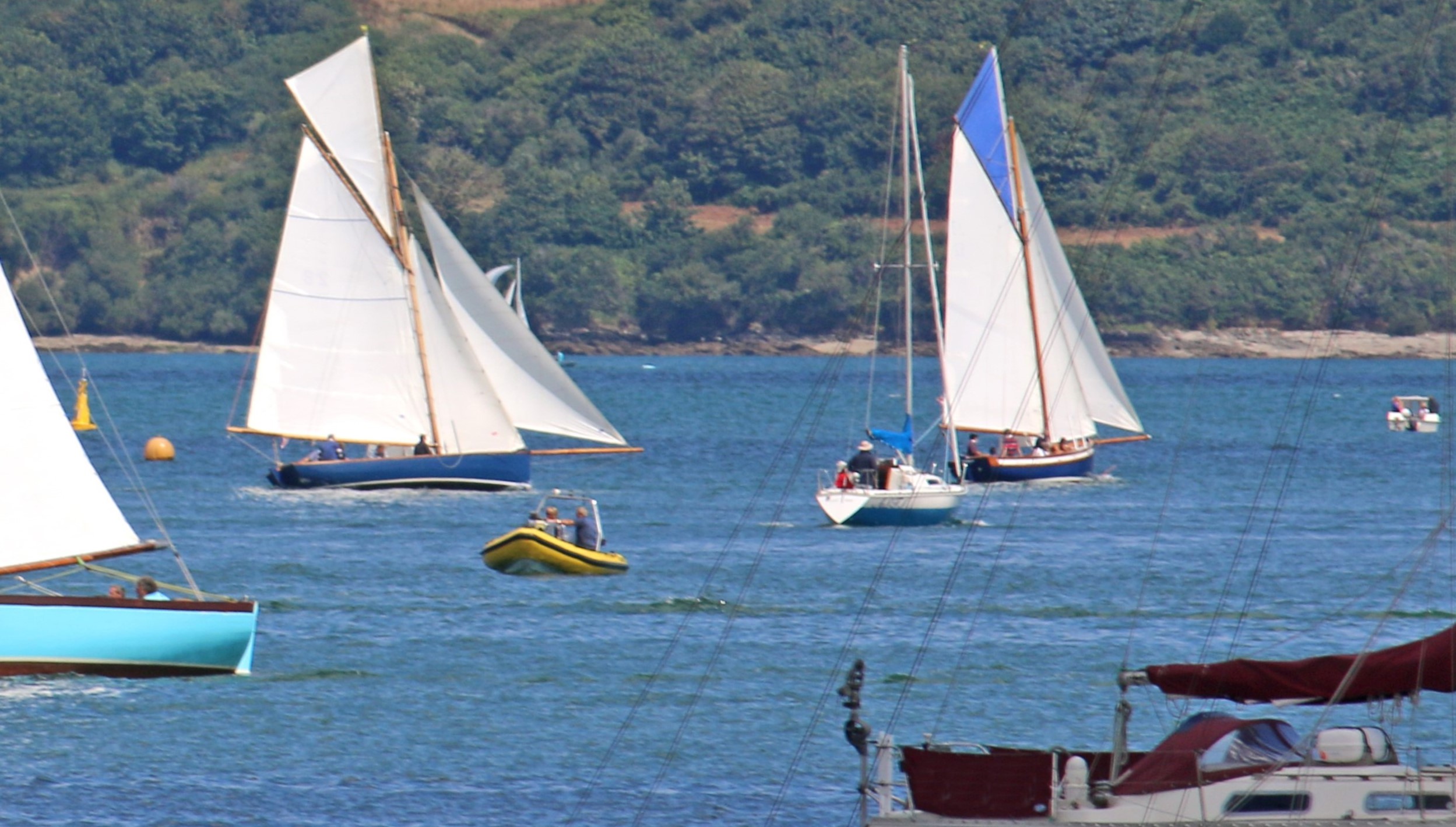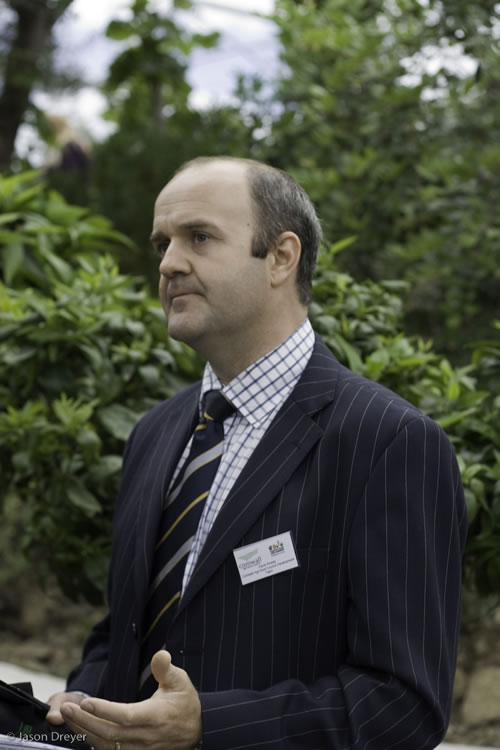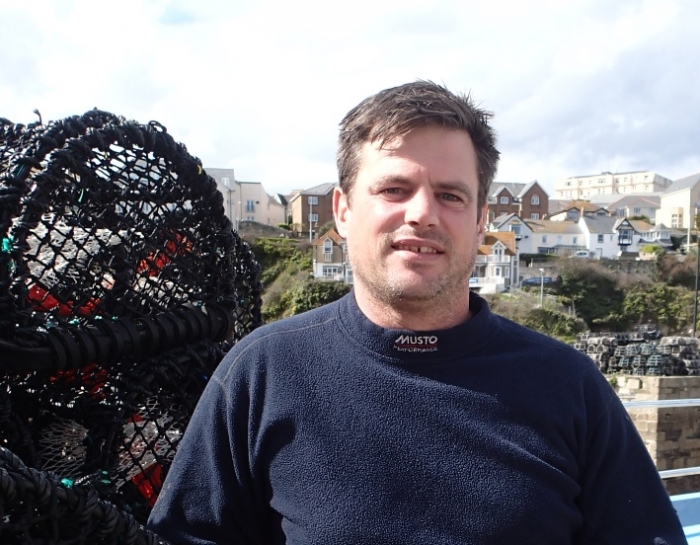The leave campaigners promised that the UK would be taking back control of its waters. But seven years on from the Brexit referendum, the Cornish fishing industry is still in very choppy waters.
In 2016, the UK fishing industry’s expectations under a new customs and regulatory border with the EU were higher quotas for fishermen, regardless of whether a deal was reached or not.
But almost three years after leaving the single market, Cornish fisheries are voicing their grievances. The UK fishing industry is not 30,000 tonnes better off – independent fisheries are steadily being bought up by large corporations, and exporting to the EU, which was the UK’s primary market, is more difficult than ever.
The conservative government promised fishermen that by leaving the EU, the UK could take back control of its waters. Indeed, leading Brexit campaigner Nigel Farage famously declared during a protest featuring a small fleet of fishing boats: “Today’s flotilla is not a celebration or a party but a full-throttled protest. We want our waters back.” Under the “exit agreement”, 25% overall of the existing EU quota in UK waters would be transferred to the UK over a five-and-a-half-year period to 30 June 2026.
The House of Commons Report, UK Fisheries Statistics, shows the data on fishing industries since the UK left the Common Fisheries Policy (CFP). “The value of UK trade in fish fell notably in 2020 and 2021, owing to disruptions to international trade caused by…UK-EU trade following the end of the Brexit transition period in January 2021.”
Before Brexit, the UK’s primary market was the EU. We don’t catch a lot of species that we also eat, so most of that catch was exported to the continent. That caused an issue because the costs of exporting went up and the paperwork to export increased.
David Rodda, Economic Growth Manager for Cornwall Council, told Truthfal, a lot of people stopped exporting to the EU because of the paperwork. “There is a health certificate that the fish have to have in order to be exported to the EU, as well as a physical inspection by a health inspector,” he explained. This is a problem because, “if you’ve got one boat that fills an articulated lorry with one batch of fish, that’s one certificate. If you’ve got a dozen boats with a dozen different types of fish, which is likely, you’ve got to have a certificate for each batch.
“If any of the paperwork isn’t in order, and that could be as much as filling it in blue pen as opposed to a black pen or a signature going outside of the box, the Border Patrol points in the EU have been absolutely pedantic.”
Fishermen who don’t have the means to deal with this paperwork are forced to try and find alternative and lower value markets. David Rodda says it is a game of money and politics, not fishing. As Economic Growth Manager, Rodda handles economic data and policy for fisheries. There is also a Fishery Stakeholder Group, including fish merchants, fisheries, and environmental groups, so it’s a wide group of interested parties who can talk to the council and voice their concerns.
He says there are two full-time people employed in the office to deal with the paperwork
Truthfal spoke to Joe Emmett, a sustainable fisherman based in Newquay, about Cornish fishing post Brexit. He says there are two full-time people employed in the office to deal with the paperwork. For small family run businesses like Joe’s, big companies in Cornwall like Waterdance are controlling the landscape.
“The more they buy, the more they can control, then set the price, and the better off they are.” England and Wales had the largest number of under 10 metre vessels across the UK in 2021. Scotland and Northern Ireland have a much larger composition of over 10-metre fleets. Scotland has big organisations that can buy up quota. In 2020, just under 70% of economic output from the fishing and aquaculture industry was generated in Scotland.
“Holding companies, not even fisheries, rent quota to fishermen, but sometimes at an unfair price,” says Emmett. He mentioned a friend who “just ended up stopping, because a big company wanted 1.20 a kilo for Cod when it is normally sold at 1.70 a kilo.”
Thirty years ago, when Emmett started fishing, the biggest company around was Stevenson, and a lot of the big boats were even owned by families. Now, you would struggle to come by any independent boats.
“There’s been consolidation in the marketplace”, explains Rodda. “The bigger boats got bigger, because they are the ones that can buy the quota.”
Were fishermen sold a dream? “Yeah, definitely,” he says. “We did get a small proportion of quota back, but not enough; [there was] a big difference between what we got and what the government promised – that upset the industry.”
Emmett comments: “Big companies that are worth millions of pounds, the government is going to want to look after them. Brexit has caused huge costs on importing fishing equipment from the continent.”
The Cornish fishing landscape is also battling environmental impacts. Crustaceans are non-quota species, which means there is no protection over how much is caught. The populations are now going down. The industry is working out a plan to agree voluntary action. There is a Fisheries Plan, which is a long process, often up to 18 months of consultations and negotiations. There is also the Cornwall Inshore Fisheries & Conservation Authority (IFCA), a statutory body who are responsible for monitoring the health of the fish and marine environment. IFCA have the power to introduce bylaws. Joe Emmett says IFCA “are a lot more proactive about things being sustainable and putting in bylaws” than the council. “Bylaws can be put in quickly to manage the six-mile limit,” he says.
Technically, the sea has no boundaries, unlike land boundaries in agriculture and farming. But when the UK went into the common market, it was negotiated that UK fisheries have a six-mile area of territorial fishing water. Whereas in France and other areas, their territorial waters are 12 miles. Fishermen were upset about the difference.
Rodda explains: “Taking back control was ‘we are now an independent maritime area, therefore we can protect the six-mile limit’. Some of the fishing industry would have preferred that to be 12 miles, because that’s what is on the other side of the Channel, and I think it was on one of the Brexit deal negotiations, but that was soon negotiated off.”
Cornwall Council will have to balance the economic and environmental fishing landscape going forward post-Brexit. Currently they are not working on a plan to put in place, Seafish are working on a national management plan but this is a long process. Cornwall Association of Inshore Fisheries and Conservation Authorities (IFCA) did try to enforce an emergency byelaw in December 2022 but this did not get the support of the IFCA committee. They are now progressing with a formal byelaw but that could take 18 months.



